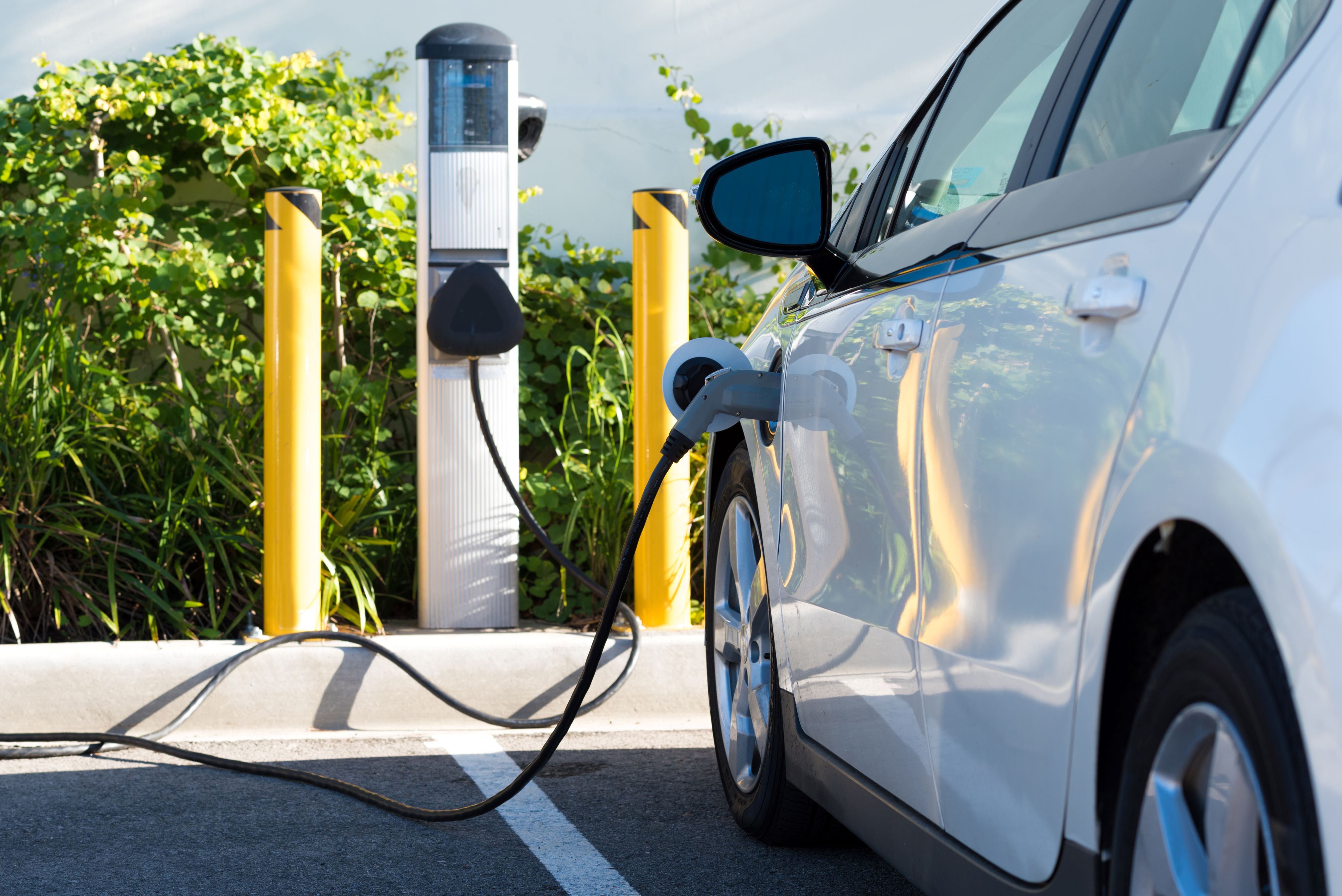
Ahead of the launch of the Institute of Export & International Trade’s (IOE&IT) inaugural automotive sector Special Interest Group tomorrow (1 May), we review news from the world of cars and trade.
Tesla deal
Hot on the heels of US secretary of state Antony Blinken’s trip to Beijing, Tesla owner Elon Musk visited China on Sunday (29 April) to speak with Chinese premier Li Qiang.
The trip yielded a deal with Chinese ‘super-app’ Baidu to secure the data necessary for Tesla’s planned AI-assisted EV taxis – or ‘robotaxis’ – a form of self-driving car.
The possibility of gaining data from China was described as a “game changer” by equity analyst Dan Ives, per Reuters.
Tesla sales have struggled in China recently despite it being the company’s largest export market. Several new in-market brands have provided increased competition for the US giant.
There had been earlier reports that Tesla was ditching its plan for cheaper EVs, but these schemes appear to have been revised.
Tesla sales have struggled in China – the company’s largest export market – where new brands have provided increased competition.
Its Q1 sales fell 4% year-on-year, which put its Chinese market share at roughly 7.5%. In contrast, China’s leading EV-maker BYD currently stands at 33%.
BYD announced plans for a new model of its ‘Seagull’ EV to sell in Europe and the UK, stoking further fears that domestic producers in the West can’t compete with low-cost Chinese exports.
Price war
Amid ongoing concern about cheap EV imports, Reuters highlighted numbers showing Chinese firms like BYD are able to charge more than double their domestic price point in Europe and remain competitive.
The publication found instances of BYD’s Atto 3 model selling for as much as US$42,789 in Germany, despite retailing for only $19,283 in China.
Experts such as AutoForecast Solutions’ Sam Fiorani weighed in to highlight that the level of upcharge seen in Europe is beyond industry norms, and normally fall with “a narrow range”.
Given the impressive margins available, BYD is pursuing an export-led sales strategy for growth.
Tariff targets
A recent report from environmental researchers Rhodium Group suggested that in order to successfully deter purchases of Chinese EV, tariffs of around 50% would need to be applied.
The report predicted that the EU was likely to consider measures in the 15-30% range. However, given the sizable profit margins available to producers, companies like BYD could still comfortably trade with the bloc at the upper limit of 30%, reported by the FT.
Conversely, the 15% tariff at the lower end of Rhodium’s prediction would be enough to eradicate Tesla’s profits on cars exported from its China factory.
The EU first opened its investigation into Chinese subsidies for its EV industry in October, with a decision on preliminary duties that could be delivered as early as May, although any permanent duties won’t be imposed until November.
China continues to dismiss the investigation, and possible tariffs, as a protectionist measure.
Jaguar blues
Jaguar Land Rover has faced a difficult couple of months, caused in-part by recent trade issues with Canada.
The beginning of April marked the UK’s precipitous drop off a tariff cliff-edge, as UK exports to Canada became subject to tariffs.
Concern over agri-trade was much reported amid tensions between the UK and Canada during negotiations to reach a new deal. However, it’s not just cheese exporters who now face problems accessing Canadian markets.
In particular, the FT notes that while only 1.3%, or £700m-worth, of UK cars are exported to Canada, this trade is dominated by Jaguar.
This isn’t the only challenge the company has faced in recent months. Auto Express reports that the car manufacturer is now spending hundreds of thousands of pounds bulking up security around UK ports, in light of a spate of thefts.
Extra policing at Felixstowe, Tilbury and Southampton container facilities is designed to reverse the trend. Jaguar’s global financial services director, Chris Kent, said that he felt “the UK could do more” to enhance security.
“This feels like there’s a policing issue around serious and organised crime, and the port security is a real problem for us. The ability to get parts out of the ports, effectively unchecked, is certainly not helping.”
Morocco ambitions
Data released earlier this year shows an impressive increase in car exports from Morocco. International car sales rose 27% year-on-year, from $11bn to $13.9bn.
The country’s automotive sector has advanced significantly in the last fifty years from vehicle assembly to production, driven by state funding programmes such as the Industrial Acceleration Plan 2014-2020, which led to the swift build of new industrial parks in key cities.
According to Morocco World News, the country is on course to achieve annual production of 1 million cars by 2025.
This has supported a shift towards production higher up the value chain, with electrical wires and connectors exports rising 32%, and production rates of other complex components increasing in value.
Morocco is predominantly known as an agri-exporter. However, a recent UNCTAD report, suggests its industrial policy and European trade links could make it central to any automotive supply chain shifts towards Africa.

